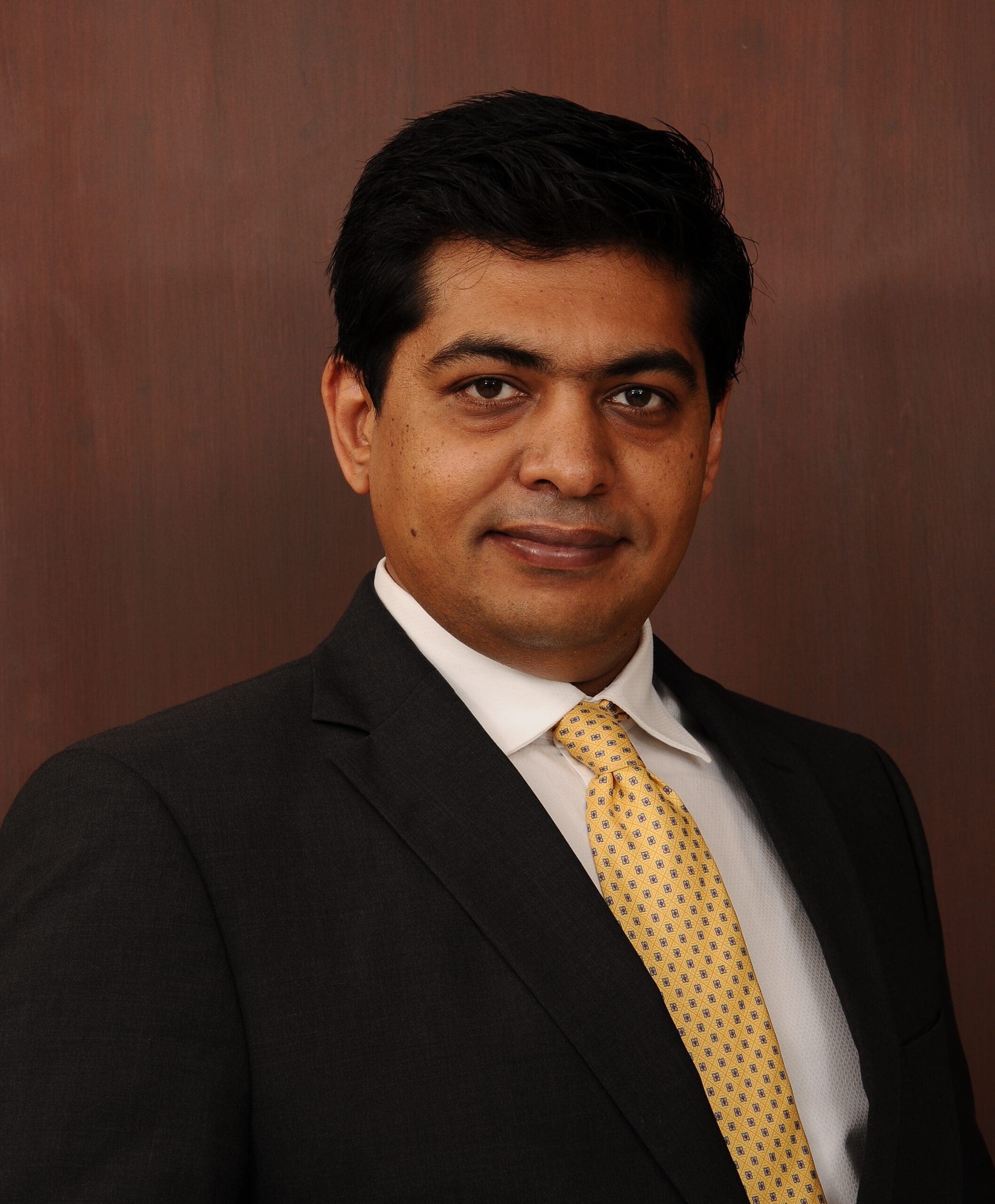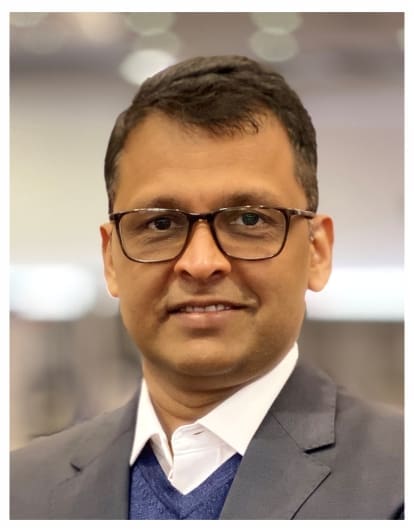The Indian textiles and clothing industry, the second largest employment provider next only to agriculture by providing jobs to over 110 million people, fetching over Rs.30,000 crores GST revenue and 44 billion USD forex earnings, has been facing challenges in the recent past mainly due to the structural issues on raw material front, tariff & non-tariff barriers, high cost of production, scale of operation, high transport and capital cost apart from the external factors. The NDA Government led by the Hon’ble Prime Minister, Shri.Narendra Modi has been giving major thrust for enhancing the global competitiveness of the Indian textiles and clothing industry and addressed several issues. However, the policy pitfalls in certain areas and delay in strengthening the raw material base, refunding government dues have been affecting the industry to achieve a sustain growth rate.
The industry also has been adding capacity without looking at the long term needs and prospects of the industry due to attractive incentives given by various State governments. Though several States provide attractive incentives, there is an undue delay in disbursing the committed benefits on time resulting in several financial stress for the new investments made under such policies. Under this scenario, it has become essential to have a holistic approach with long term vision not only to grab the space vacated by China in the textile trade, but also to achieve a sustained
growth rate.

In a Press Meet held today here, Dr.S.K. Sundararaman, Chairman, The Southern India Mills’ Association (SIMA), Mr.Durai Palanisamy, Deputy Chairman and Mr.S.Krishnakumar, Vice-Chairman, stated that the Association would strive to address structural issues and enhance global competitiveness. Chairman, Dr.Sundararaman stated that the industry has all along been concentrating on cotton and its textile products taking advantage of the abundant availability of home grown cotton which had been available 5% to 10% lower than the international cotton price.
This advantage has been eroded in recent years due to the dominance of multinational cotton traders, levy of 11% import duty and speculative trading on the MCX cotton futures platform. The MMF fibre and yarn producers had all along been protected by huge anti-dumping duties upto 23%.
Dr.Sundararaman has highly appreciated the bold initiatives of the Hon’ble Prime Minister in removing the anti-dumping duty on all raw materials especially polyester staple fibre and viscose staple fibre, the major MMF raw materials.
However, the smooth supply of manmade fibres and filaments have been stopped due to the new Quality Control Orders, as the BIS has not considered, most of the raw material suppliers to India. Dr.Sundararaman has also stated that the prohibition of imports under the Advance Authorization Scheme has created panic. He has stated that the MMF value chain has established its nominated business based on certain commitments. They also have huge export obligations under the EPCG, as they have made huge investments in the imported machinery by availing duty-free
concession.
SIMA Chairman has urged the Hon’ble Union Minister of Textiles to exempt VSF imported under the Advance Authorization Scheme and all the special and value-added fibres and filaments that are not manufactured in the country immediately. He has also urged the government to direct the indigenous MMF producers to supply their materials at international price. Dr.Sundararaman has said that the envisaged growth in textile business size and exports can be achieved only by increasing the production in the MMF value chain and technical textiles, the
growth engines for the industry. SIMA Chairman has highly appreciated the progress made in FTAs and hoped that the FTA with UK and EU would enable the country to double its exports provided the structural issues in the raw materials are addressed.
Dr.Sundararaman has said that there is an urgent need to announce Technology Mission on Cotton 2.0 with Mission Mode approach and sizable funds. He has said that this has become imperative as over 7 million farmers and 35 million people in the textile value chain are directly depending upon the availability of quality cotton at an internationally competitive rate. He has said that Indian average cotton productivity is only around 430 kgs per hectare, while more than 20 cotton producing countries achieve above 1500 kgs per hectare. While appreciating the pilot project initiated by the Ministry of Agriculture at the intervention of Hon’ble Union Minister of Textiles with a budget outlay of Rs.44.2 crores, Dr.Sundararaman has said that there is an urgent to import the modern seed technology and also adopt global best practices in agronomy and if this is done, the farmers’ income will increase by three fold and the country would become a dominant player in the cotton textiles.
He has pointed out that the minimum support price is already higher than the international price and any further increase in MSP would increase the financial outflow for the Government and therefore, MSP is not the right solution to compensate the farmers’ revenue. He has said that increased productivity and production of value-added cotton like contamination free cotton, organic cotton, sustainable cotton and Extra Long Staple cotton alone can fetch higher revenue to the farmers. Dr.Sundararaman has said that India is consuming around 45% of US PIMA, Egypt GIZA cotton and established its market share in the global market. Though this cotton can be imported duty free under Advance Authorization Scheme (AAS), more than 80% of the manufacturers in the value chain are MSMEs and cannot avail AAS benefit. He has said that over 40% of such specialty cotton is also catering to the domestic market that is not able to compete with the duty-free import of high value added garments from the countries like Bangladesh, Sri Lanka, etc. Therefore, he has urged the government to exempt ELS cotton which is not produced in the country immediately as this cotton has been given a separate HSN code in the current year’s
Union Budget or at least for US PIMA and GIZA cotton. He has also urged the Government to exempt all the cotton varieties during April to October as more than 90% of the cotton is sold by the farmers by the end of March. He has said that this would curb the import parity pricing tactics being followed by the trade and enhance global competitiveness.
SIMA Chairman has urged the industry to focus on value addition, innovation and niche products by strengthening their product development capability. He has urged the industry to take advantage of NTTM for technical textiles, PM MITRA park, PLI scheme. He has pointed out that the Government of Tamilnadu is in the process of coming out with an enriched textile policy giving major thrust for technical textiles, sustainability, textile processing, textile machinery manufacturing and textile raw material facilities. Dr.Sundararaman while appreciating the proactive initiatives taken by the Hon’ble Chief Minister of Tamilnadu, has urged to maintain the status quo in the power and labour policies of the State Government particularly on the issues relating to continuance of annual banking for wind mills including over 20 years old wind mills, removing the net work charges for roof top solar, reducing steep increase in the maximum demand charges from Rs.562/- to Rs.450/- per MW for HT and roll back the MD charges and peak hour charges for LT and LTCT units.

On the labour front, Dr.Sundararaman has appealed to the Hon’ble Chief Minister to maintain status quo and ensure level playing field as the industry is predominantly depending upon the migrant workers. SIMA Chairman has appealed to the industry to give major thrust for achieving sustainability goals. He has said that the mills can contact the dedicated sustainability cell of the Association for any guidance in this regard. He also urged the industry to use coastal route for reducing the transport cost and fossil fuel consumption and thereby reducing carbon footprint.
SIMA Chief has said that the Association would continue its dialogue with the Indian National Ship Owners Association, Indian Railways and major port authorities particularly, Turicorin and Cochin and facilitate transporting the textile goods in a cost effective manner. Dr.Sundararaman has said that the Association is in the process of offering a management development programme on “New-Gen” to groom the young entrepreneurs and start-ups and the Association would soon announce the programme in this regard.
Earlier at the 64 th Annual General Meeting of the SIMA held on 21st September 2023 at its premises, Dr S K Sundararaman, Managing Director, Shiva Texyarn Limited, Coimbatore has been unanimously elected as the Chairman for the year 2023-24. He holds an MBBS Degree and Masters in Business Management from Cambridge University, U.K. Dr Sundararaman is a well-known personality in the field of Technical Textiles in India and also in the field of Technical Education. He is the Managing Trustee of the FIREBIRD INSTITUTE OF RESEARCH IN MANAGEMENT.
He has been a member in various business forums at the national level. He was the past Chairman of CII, Coimbatore, Educational Convenor CII, Tamilnadu. He was the Chairman of Indian Technical Textile Association.
Mr.Durai Palanisamy, Executive Director, Pallava Textiles P Limited, Erode, has been unanimously elected as the Deputy Chairman for the year 2023-24. He holds MBA in International Business from Southern New Hampshire University, Bachelor of Technology in Textile Technology from PSG College of Technology. He is the Vice-President of CII, Erode Zone. He is also in the Committee of Administration of The Synthetic & Rayon Textiles Export Promotion Council (SRTEPC).

Mr.S.Krishnakumar, Managing Director, Sulochana Cotton Spg Mills P Ltd., Tiruppur, has been unanimously elected as the Vice-Chairman for the year 2023-24. He holds B.A. Psychology from P.S.G. Arts College Coimbatore and entered the business in the late 80’s. He is involved in lot of CSR activities helping the society and particularly, his organization planted 1.5 million trees in Tirupur including 30,000 trees within his mill premises.
